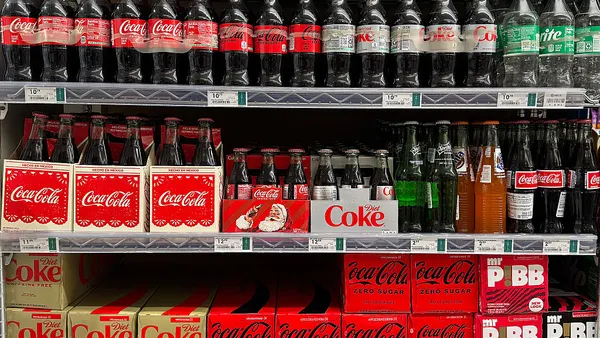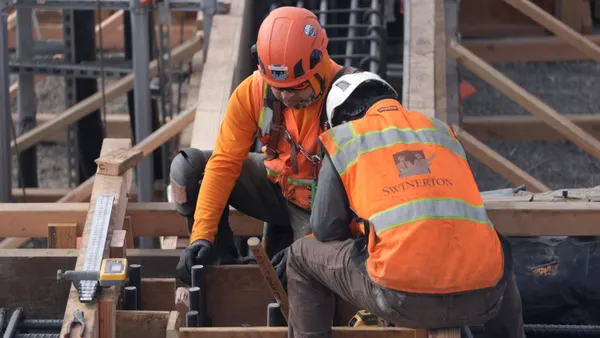Dive Brief:
- In a tight labor market with low unemployment, the restaurant industry is undergoing a serious worker shortage, made more austere by the scarcity of young workers and competition from the gig economy — and the government shutdown is only exacerbating these issues, Bloomberg reported. E-Verify is currently down as part of the wider closure, meaning restaurants have no way to confirm the immigration status of workers during an important hiring time
- With the E-Verify site deactivated, employers can't access their accounts; create, view or take action on an E-Verify case; add, delete or edit any user account; or perform other actions. Still, the website specifies that employers must complete Form I-9 no later than three business days after an employee begins work. Employers also must comply with all other Form I-9 requirements as outlined by the Handbook for Employers and on I-9 Central.
- The risk of hiring undocumented workers is only about 5%, according to Trent Colford Sr., regional director of operations at Hamra Enterprises, which operates multiple Wendy's restaurants. Laurie Schalow, a Chipotle spokesperson, said her company will continue hiring and completing the E-verify paperwork despite the risks, Bloomberg reported.
Dive Insight:
The standoff between President Trump and Congress continues, with no end currently in sight. The president reportedly walked out of his latest meeting with lawmakers, who rejected his funding request for building a security wall along the U.S.-Mexican border. But the government shutdown's effect on labor is evident; laws, rules and guidance governing employment practices are simultaneously in force while enforcement is stilted due to the closure. Although some government sites remain inoperable, employers will need to carry on business as usual, and that includes recruiting and hiring the workers they need to stay competitive.
Luckily for employers, they will not be penalized for not creating new cases in E-Verify during the shutdown, according to a blog post by Dawn Lurie, senior counsel at Seyfarth Shaw LLP. "Historically, employees caught in the Tentative Nonconfirmation (TNC) process were also provided an extended period to resolve any issues; the same is expected this time," she said.
The fast-food industry has been hit especially hard by the labor shortage in an employee-driven job market. Marked by high turnover, the industry can't afford to slow down its hiring efforts during a government shutdown, particularly in the current economy.














